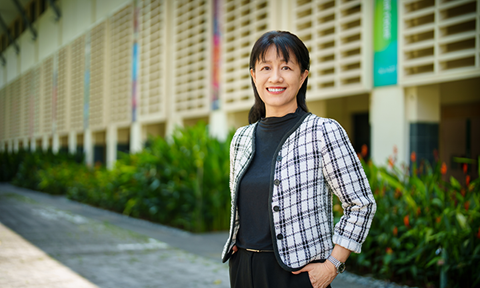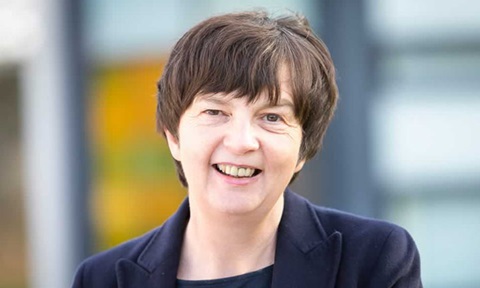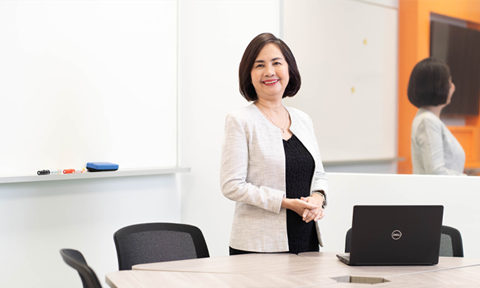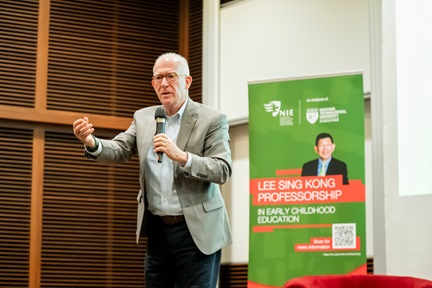Professor Tan Oon Seng shared on CCE and the Future of Education at the United States National Governors Association (NGA) June 2025 Convening
The National Governors Association (NGA) is a bipartisan gathering of United States governors and policy leaders. The theme of the NGA June 2025 convening was entitled “Let’s Get Ready!: Educating All Americans For Success.” Professor Tan Oon Seng, Director of the Singapore Centre for Character and Citizenship Education was invited by the President of NGA, Governor Jared Polis, Governor of Colorado to share on character and citizenship education and the future of education. Other key panelist included Dr Timothy Knowles (President of Carnegie Foundation for the Advancement of Teaching), Dr Vicki Philips (Chief Executive Office of the National Center on Education and the Economy, and Dr Richard Reeves (President & Founder of American Institute for Boys and Men). The meeting was convened in Vancouver where delegates were also hosted by US Consul General James DeHart.
The meeting discussed challenges of skills mismatches, widening opportunity gaps, holistic values and character education and impact of general artificial intelligence in the quest to bring about success for students. Prof Tan shared on how Singapore’s education policy balances foundational excellence with forward-thinking adaptability to prepare students for a future shaped by complexity, technological disruption, and societal shifts. He spoke about the need for a dynamic response particularly to the trend of AI, emphasizing big-picture thinking, interdisciplinarity, student agency, and holistic development. This includes innovative curriculum design, authentic assessment practices, and the use of digital platforms. At the same time, there is a call for Character and Citizenship Education (CCE) and the importance of investing in teachers. The Singapore Centre for Character and Citizenship Education (SCCCE) Framework is presented as a model for CCE, which anchors CCE in purpose, values, virtues, and socio-emotional competencies. For teacher education, Singapore supports educators as reflective practitioners and ethical role models, guided by the V3SK values framework and the TE21 model. Teachers are seen as central agents of change, nurturing identity, agency, and resilience in learners. Prof Tan emphasized that Singapore’s vision is not simply to ride the wave of technological advancement, but to ensure education remains deeply human, enabling learners to flourish with creativity, empathy, and ethical discernment.


.tmb-listing.jpg?Culture=en&sfvrsn=41a4c4ea_1)


